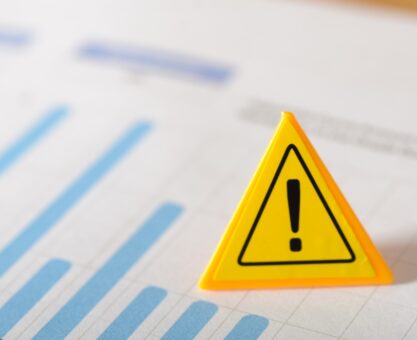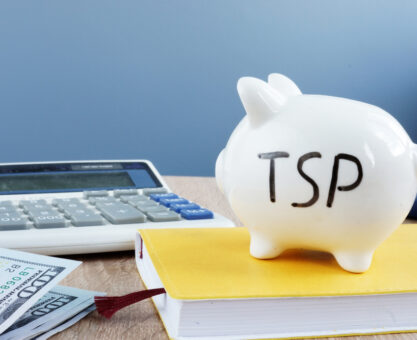It’s official — 2-million-plus GS workers will receive an average 4.6% pay increase starting in January 2023. This bump is comprised of a 4.1% raise in basic pay plus an average 0.5% increase in locality pay. It is the largest pay increase for civilian federal employees since 2002 and it’s considerably larger than the 2.7% average pay raise employees received in 2022.
The Big Question: How Are You Planning To Use The Extra Pay?
With inflation at an all-time high, you may be thinking your pay raise will simply go toward groceries, utility bills or gas at the pump. Though that’s understandable, there’s another way to look at it – the extra money can go toward planning your retirement.
“If you’re lucky to be in good shape financially, you may want to consider directing your entire pay raise into your TSP.”
Increase Your Thrift Savings Plan Contributions
Pay raises can often vanish unless there’s a commitment to setting some of the increased income toward savings. Even if you direct as little as 1% of your 2023 raise toward increasing your TSP contributions, you come out ahead thanks to the magic of compound interest. If you’re lucky to be in good shape financially, you may want to consider directing your entire pay raise into your TSP.
Put More Money Into Your Retirement Emergency Fund
As the saying goes: expect the unexpected. That’s why it’s important to put money aside for emergencies in retirement. Otherwise you may have to tap into your TSP sooner than you’ve planned to cover unexpected expenses. When that happens, it opens the door to added taxes on your TSP withdrawal and a smaller balance earning interest. If you can direct a portion of your 2023 raise into your retirement emergency fund, it can give you a cushion that also helps protect your TSP nest egg.
Use Your Raise To Pay Down Credit Card Debt
Carrying high-interest credit card debt into retirement can take a huge bite out of your nest egg. When you do the math, you’ll likely find the monthly minimum payment on most credit cards is approximately 2% of your outstanding balance. Making minimum payments means you’re racking up more interest, month after month, and year after year. If you’re closing in on retirement, it’s time to get proactive about paying down debt while you’re still working.
The 2023 pay raise may also be a good reason to consider working a couple of years longer. It can help increase the amount of your High-3 because federal workers tend to earn the most in the years leading up to their retirement. It’s something to think about.














